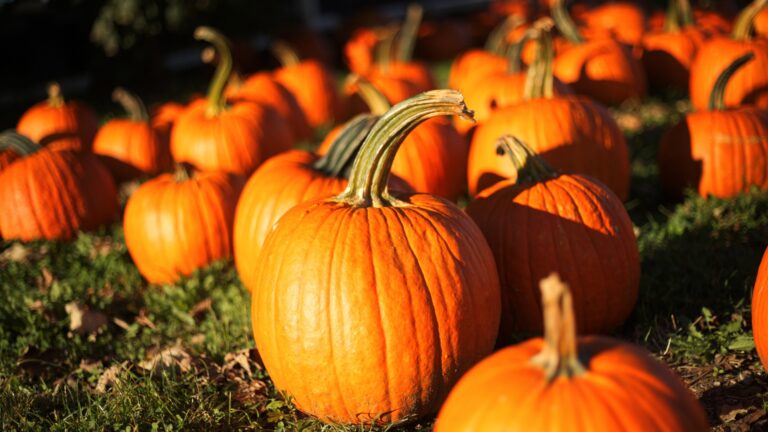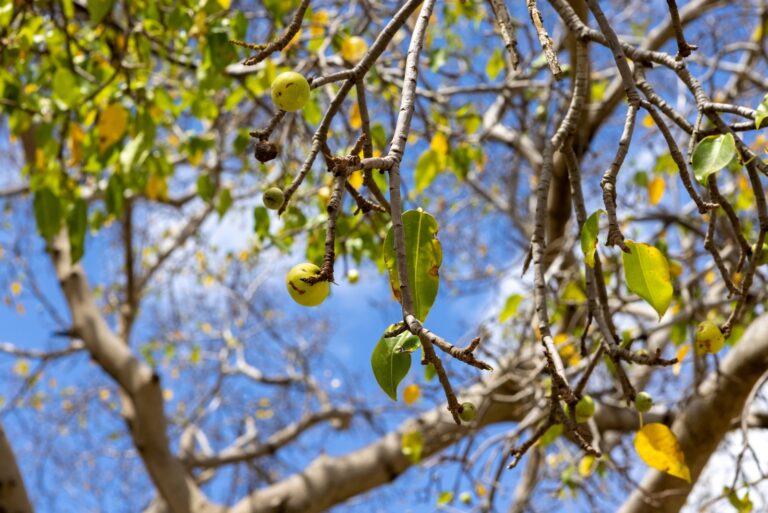Are You Responsible For Cleaning Up Leaves From Your Neighbor’s Tree In Tennessee
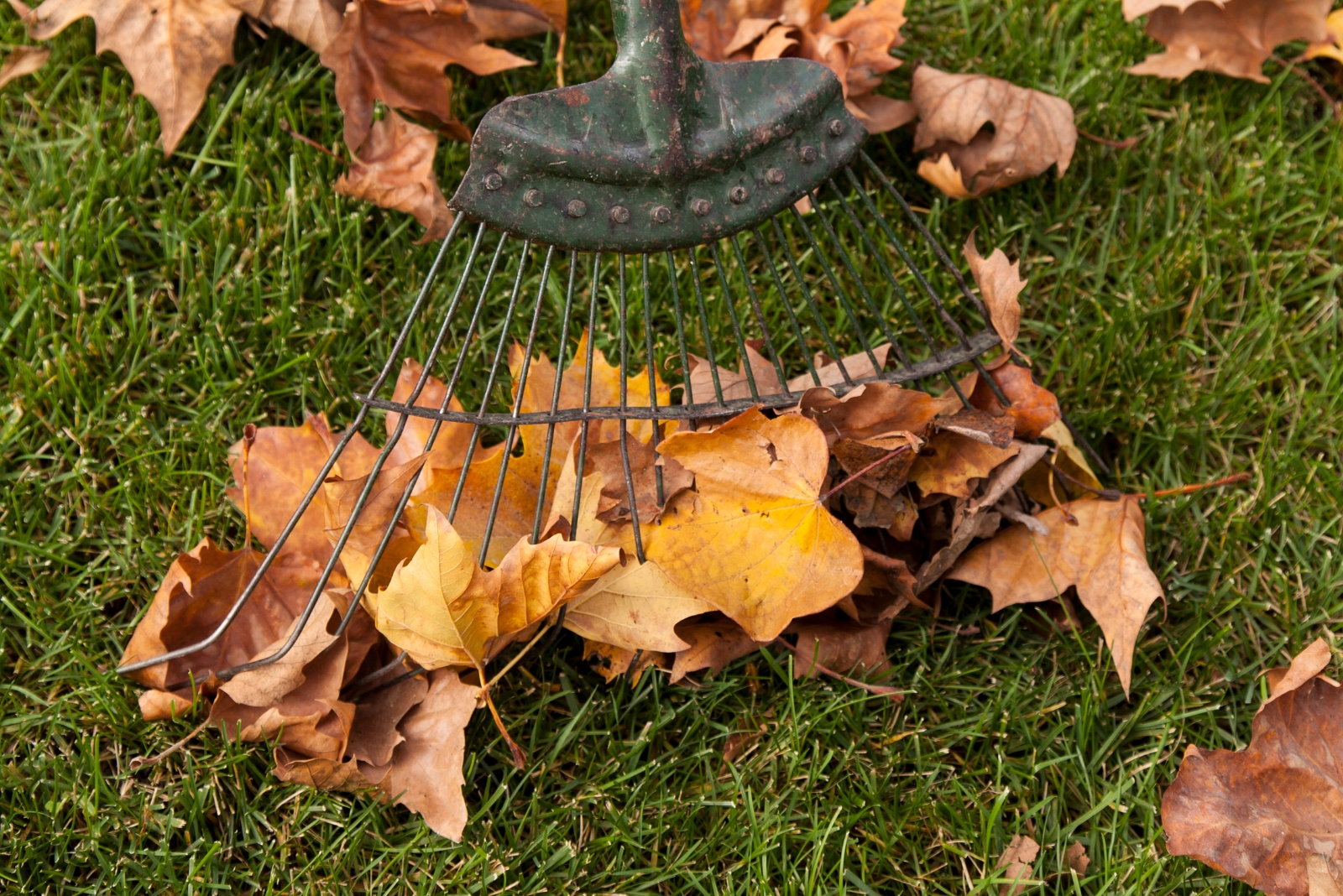
When fall hits Tennessee, leaves don’t stop at property lines. They drift, pile up, and sometimes spark debates between neighbors over who’s responsible for cleanup. The answer usually depends on local rules and the health of the tree itself.
Understanding how responsibility works can help keep both lawns—and neighborly relations—intact.
1. Property Owners Must Maintain Their Own Yards

Tennessee law follows a straightforward principle: you’re responsible for whatever lands on your property, regardless of where it comes from. Leaves falling from your neighbor’s tree onto your lawn become your responsibility once they hit the ground.
Courts have consistently ruled that natural leaf fall is considered part of normal property ownership. You can’t force your neighbor to rake your yard or pay for cleanup services just because their tree is the source.
2. Branches Crossing Property Lines Create Different Rules

While leaves are your problem, branches tell a different story. If your neighbor’s tree has limbs extending over your property line, Tennessee law gives you the right to trim them back at your own expense.
You must be careful not to damage the tree or trespass onto their property while doing the work. Many homeowners hire professionals to handle this properly and avoid potential legal issues or accidental harm to the tree’s health.
3. Communication Often Prevents Neighborhood Conflicts
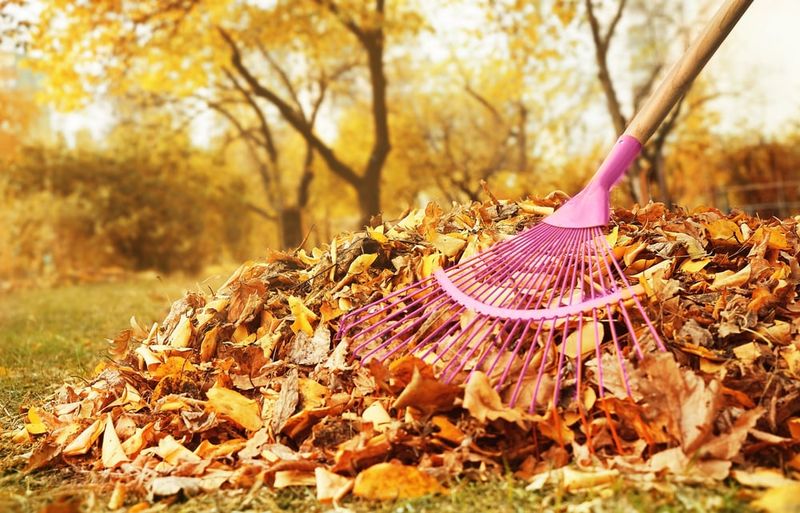
Before taking any action or getting frustrated, try having a friendly conversation with your neighbor about the leaf situation. Most people appreciate being approached respectfully and may not even realize their tree is causing you extra work.
Your neighbor might offer to help with cleanup or agree to trim problematic branches themselves. Building goodwill through honest communication typically produces better results than jumping straight to legal measures or letting resentment build up quietly.
4. Excessive Damage May Give You Legal Options
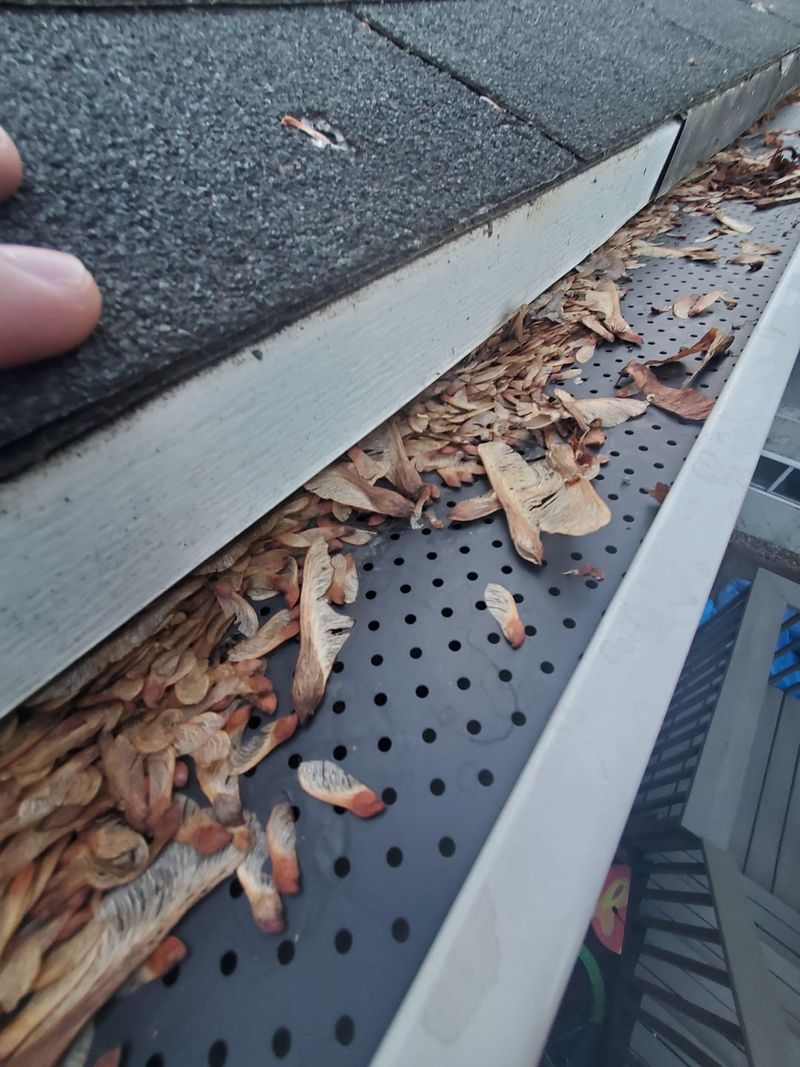
When a neighbor’s tree causes actual property damage beyond normal leaf accumulation, Tennessee law provides some recourse. Roots clogging your drainage system, branches damaging your roof, or excessive debris blocking gutters might qualify as actionable nuisances.
You’ll need to document the damage with photos and possibly get repair estimates. Consulting with a local attorney can help determine whether your situation meets the legal threshold for pursuing compensation or requiring your neighbor to address the problem.
5. HOA Rules Might Impose Additional Requirements
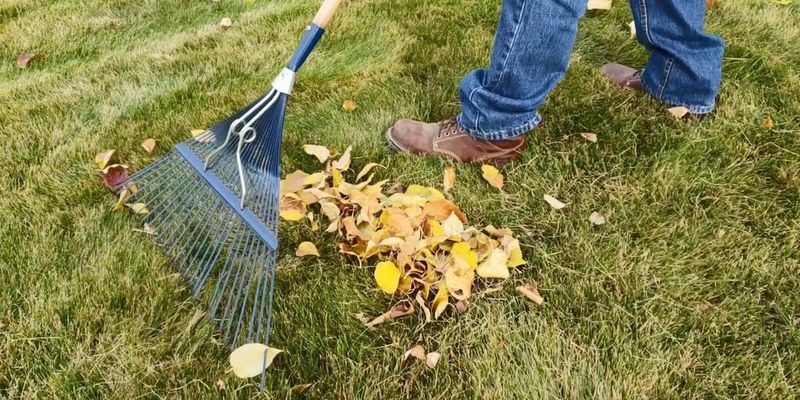
Homeowners associations in Tennessee often have specific regulations about yard maintenance and tree care that go beyond state law. Your HOA might require regular leaf removal within certain timeframes or establish rules about overhanging branches between properties.
Check your community’s covenants and bylaws carefully, as these agreements can create obligations that wouldn’t otherwise exist. Violating HOA rules could result in fines or other penalties, even if you’re technically following Tennessee state law regarding neighbor disputes.
6. Municipal Ordinances Add Another Layer of Rules
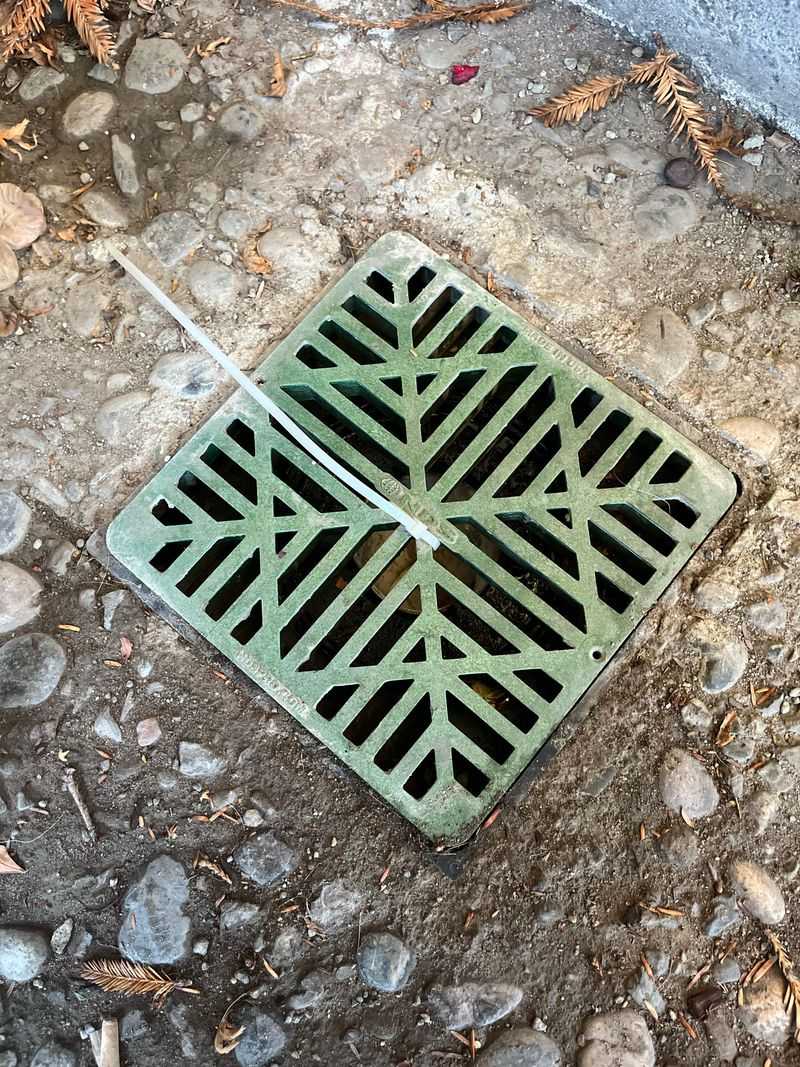
Cities and counties across Tennessee maintain their own codes about yard maintenance that property owners must follow. Some municipalities require leaves to be cleared by specific dates or prohibit blowing them into streets where they can clog storm drains.
Nashville, Memphis, Knoxville, and other Tennessee cities each have unique requirements. Contact your local code enforcement office to learn what applies in your area, as violating these ordinances can result in warnings, fines, or forced cleanup at your expense.
7. Preventive Measures Save Time And Frustration
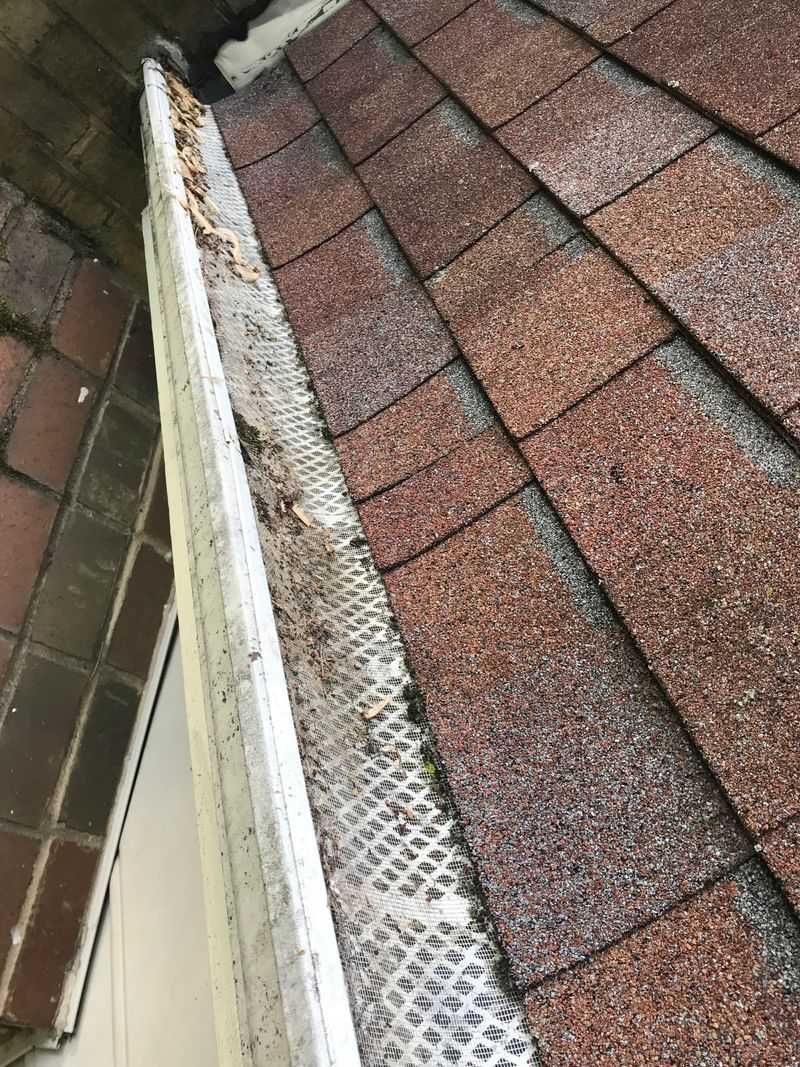
Rather than fighting an annual battle, consider practical solutions that make leaf management easier. Installing gutter guards, using leaf blowers efficiently, or hiring seasonal lawn services can reduce the burden significantly without requiring neighbor cooperation.
Some Tennessee homeowners plant strategic landscaping or install fencing that catches leaves before they spread across the entire yard. Mulching leaves instead of bagging them also saves effort while benefiting your soil, turning an annoying chore into something actually useful for your property.

